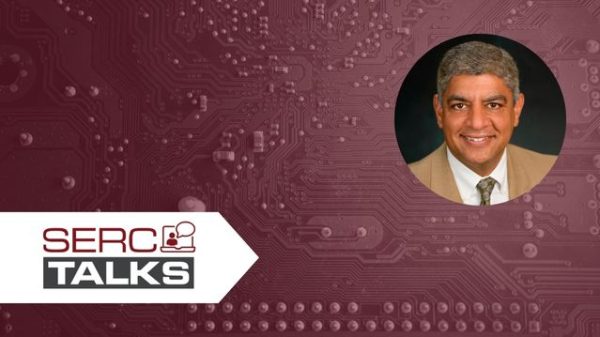
SERC TALKS – What Were the Top Issues and Opportunities from the SERC Model‐Centric Design and Acquisition Forum?
Aug 3, 2016 1:00pm - 2:00pm

- Speaker: Dr. Dinesh Verma, Dean and Professor, School of Systems and Enterprises, and Executive Director, Systems Engineering Research Center (SERC)
- Contact
Details
Event
SERC TALKS – What Were the Top Issues and Opportunities from the SERC Model‐Centric Design and Acquisition Forum?
- Start Date
- August 3, 2016 @ 1:00 pm
- End Date
- August 3, 2016 @ 2:00 pm
- Event Link
- www.sercuarc.org
Venue
- Address
Organizer
Systems Engineering Research Center (SERC)
- serc@sercuarc.org
- Website
- http://www.sercuarc.org/
